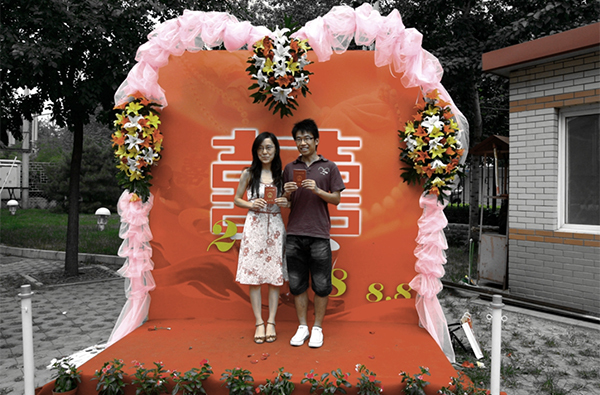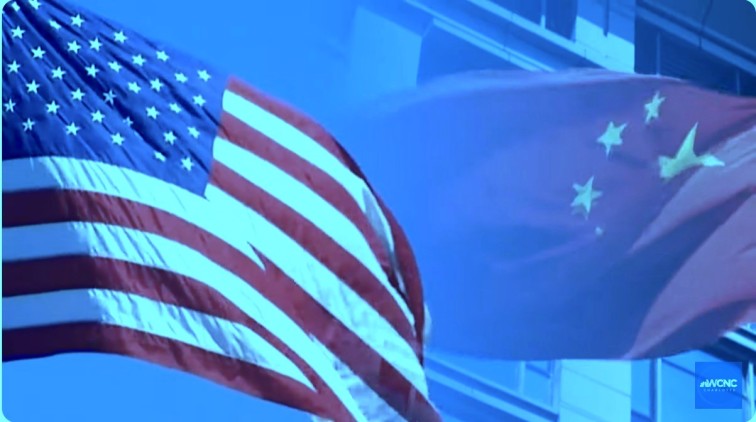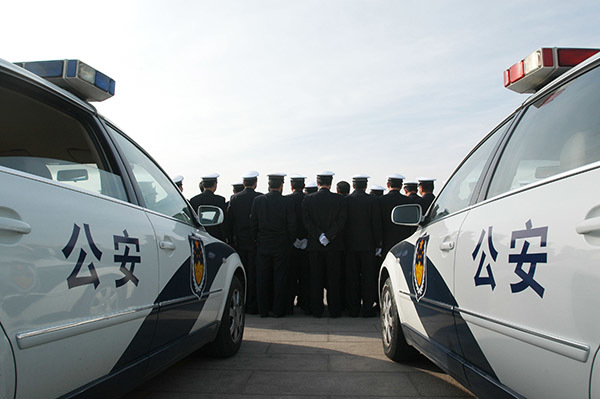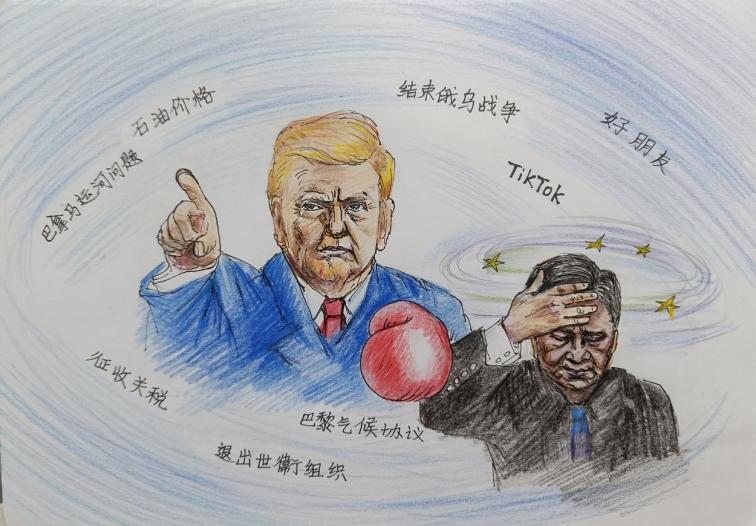In the early morning of October 6, 2024, Trump delivered his victory speech. (Photo by Chip Somodevilla/Getty Images)
[Peopel News] On the day Trump won the election, he introduced the slogan "Golden Age" and declared that "America’s Golden Age has begun!" He also mentioned that working with the Chinese Communist Party (CCP) could solve any problem. Over 20 days have passed—has there been any sign of this "Golden Age"? How does Trump plan to achieve it? And what kind of partnership does he envision with the CCP? Twenty days in, it’s evident that the CCP will not play by the rules of the civilized world. Trump’s words implied that all problems and difficulties stem from the CCP. If cooperation fails, what happens to those "difficult tasks"?
The CCP has proposed a "New Era of Chinese Socialism with Chinese Characteristics." Xi Jinping has also spoken of a "great rejuvenation," but these slogans are essentially meant to serve the CCP’s rule, with the ultimate goal of surpassing the U.S. to become the world’s leader. However, public opinion suggests that the CCP, despite its claims of being a republic, has entered its "historical garbage time."
Xi and Trump have clashed many times in the past, but the context in 2025 is different. With Xi securing a third term and rumors of his power being curtailed due to health reasons, Trump, on the other hand, enjoys increased public support and has taken control of both the House and Senate with the Republican Party. As a hawkish stance toward the CCP gathers momentum, Trump’s administration has launched a series of symbolic actions against Beijing.
Trump’s "comprehensive strategy" appears to be a series of "feints" designed to throw the CCP off balance. Actions such as regaining control of the Panama Canal, pressuring Panama to withdraw from the Belt and Road Initiative, taking control of Gaza, and establishing a White House Office of Religious Freedom seem aimed at other regions but are in fact targeted at the CCP. Beijing’s responses have been powerless and ineffective. Failed attempts to ignite unrest in America’s backyard, defections in Southern influence campaigns, and failures in Middle Eastern operations have weakened the CCP. Most notably, the Office of Religious Freedom is seen as a direct challenge to the CCP’s atheistic ideology, striking at its core.
Moreover, measures such as a 10% tariff hike on Chinese goods and discussions to revoke China’s Most Favored Nation (MFN) trade status have been swiftly implemented in just over ten days. Beijing’s so-called countermeasures—like antitrust investigations against Google—were laughable and ineffective. Key mineral export restrictions hurt China more than anyone else, and blacklisting certain U.S. companies is only worsening China’s fragile economy.
Last year, the term "historical garbage time" was coined for China’s economic and political struggles, and now it’s colliding with the U.S.’s "Golden Age."
Online discussions about "historical garbage time" refer to a period when a country’s economic or political situation deteriorates to the point of no return, leading to eventual failure.
In July 2024, China’s economy faced severe challenges. Stanford University professor Scott Rozelle said at a CSIS (Center for Strategic and International Studies) conference that China was grappling with unemployment and poverty, causing a significant drop in economic confidence. Consumers were unwilling to spend, and businesses hesitated to invest, creating a vicious cycle.
The three-year zero-COVID policy led to ongoing outbreaks while depleting the economy and startup conditions.
Some young Chinese have chosen to "lie flat" in protest, while many others have sought to "run" (emigrate) for survival.
Many Chinese feel uncertain about their future, believing that no matter how hard they try, they can’t change their fate.
Thus, China’s "historical garbage time" has several characteristics that indicate a path to failure:
1. Erosion of Public Trust
A large number of Chinese citizens no longer trust officials, the government, or even each other. This lack of trust explains why many Chinese people watch less state news, shop less, and even contribute to random acts of violence, like the so-called “Xianzhong incidents.” There is widespread pessimism about the future, particularly among the younger generation, who feel alienated.
The CCP’s confidence in its “path, system, and culture” has become a joke. The erosion of trust goes beyond social dissatisfaction—it affects everything from public sentiment to investments and from the economy to politics. The CCP’s governance crisis is more severe than ever before.
2. Worsening Economic Crisis
The CCP’s top-down, autocratic decision-making is directly responsible for China’s ongoing economic collapse. Educated young people in China are losing job opportunities, with youth unemployment rates hitting historic highs. The real estate sector, which accounts for over 30% of GDP, has been imploding for years, and state-owned enterprises are drowning in inefficiency and corruption.
To make matters worse, capital flight is accelerating as both elites and ordinary citizens seek safer havens for their wealth. Billions of dollars leave China each month, signaling a lack of confidence in the economy and raising serious concerns about the sustainability of China’s financial system.
3. No Political Way Out
Autocratic politics breed fear, friction, and instability among officials at all levels. Anti-corruption efforts have paradoxically led to even more corruption. Many political loyalty issues are reframed as economic crimes, creating an environment of distrust within the Party and government. The social contract is gradually unraveling.
Despite the CCP’s pervasive surveillance, social discontent remains a formidable force. Protests across China have increased in recent years. Although the government has detained many protesters and built hundreds of new detention centers, these actions could be the catalyst for the CCP’s downfall. The persecution of innocent citizens and suppression of dissent reveal an unprecedented evil—a regime slaughtering its own people. This could be the final straw that topples the CCP.
4. Diplomatic Failures
China’s strategy of aligning with Russia to counter the U.S. is failing. Meanwhile, Western countries and other civilized nations are considering economic decoupling from China. For example, discussions around higher tariffs and removing China’s Most Favored Nation status illustrate this trend. Other countries are likely to follow suit. Given the Trump administration’s determination to counter the CCP in trade, technology, and diplomacy, competition between the U.S. and China will intensify in 2025. Tariffs of up to 60% and other trade policy measures are on the table and ready to be implemented.
Globally, some European Union countries are becoming wary of relying on Chinese products and are seeking to restrict Chinese exports. Japan and South Korea are also strengthening their cooperation to reduce China’s influence in the Asia-Pacific region and beyond.
All these factors have left the CCP surrounded by crises. The stench of decay is spreading, and its removal seems imminent.










News magazine bootstrap themes!
I like this themes, fast loading and look profesional
Thank you Carlos!
You're welcome!
Please support me with give positive rating!
Yes Sure!